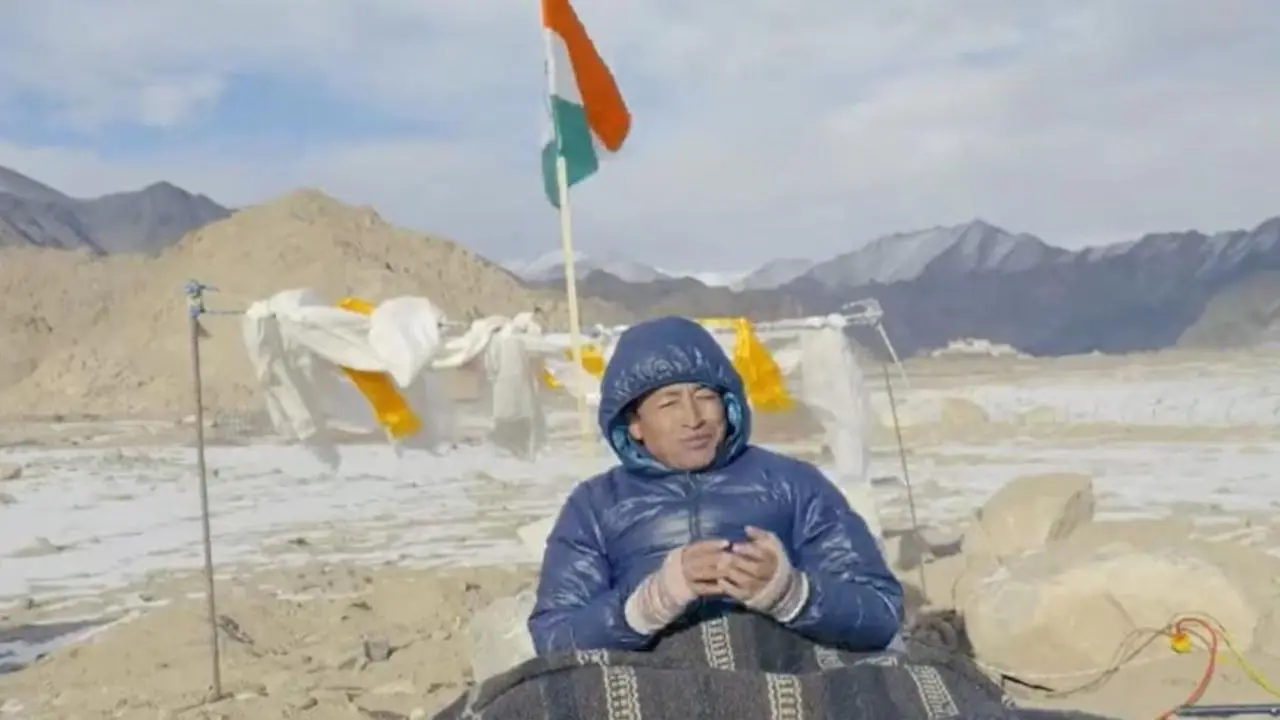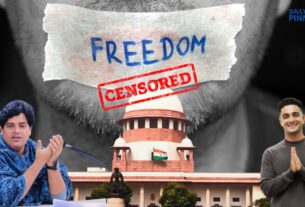Overview of the Supreme Court’s Decision
In a significant development, the Supreme Court has decided not to entertain a Public Interest Litigation (PIL) seeking an investigation by the Central Bureau of Investigation (CBI) or a Special Investigative Team (SIT) into the violence that erupted in Sandeshkhali, West Bengal. The bench, comprising Justices BV Nagarathna and Ujjal Bhuyan, suggested that petitioner Alakh Alok Srivastava should instead seek recourse from the Calcutta High Court.
The Court’s Stance on Comparative Violence
During the proceedings, Justice Nagarathna advised Srivastava against drawing parallels between the Sandeshkhali incident and the riots in Manipur, stressing the uniqueness of each situation. The Court’s response came after the petitioner referenced the Supreme Court’s expressed concerns over sexual violence in Manipur, emphasising the importance of treating the Sandeshkhali case on its own merits.
Direction to Approach Calcutta High Court
The Supreme Court granted Srivastava the liberty to withdraw his plea and approach the Calcutta High Court for relief. This decision underlines the Supreme Court’s view that the High Court possesses adequate authority to handle such matters, including the power to constitute an SIT with officers from other states if necessary.
High Court’s Cognisance and Challenges in Investigation
Justice Bhuyan noted that the Calcutta High Court is already aware of the Sandeshkhali case, suggesting that the matter is in capable hands. However, Srivastava expressed concerns about the challenges faced by the Enforcement Directorate (ED) in West Bengal, citing attacks on ED personnel as indicative of the difficulties in conducting investigations in the state. He highlighted the case of TMC leader Sheikh Shahjahan, pointing to the alleged hostility encountered by ED officials.
Allegations of Sexual Assault
Srivastava brought to light serious allegations from women in Sandeshkhali, claiming they were victims of gang rape and oppression. This aspect of the case adds a grave dimension to the plea for a thorough and unbiased investigation.
Supreme Court’s Emphasis on High Court Jurisdiction
Ultimately, the Supreme Court’s decision to dismiss the plea with an option for the petitioner to approach the Calcutta High Court underscores the judiciary’s protocol of allowing state courts to first address issues within their jurisdiction. This approach aims to streamline legal proceedings and ensure that matters are handled efficiently at the appropriate level of the judicial system.
The Supreme Court’s refusal to compare the violence in Sandeshkhali with that of Manipur further highlights the court’s caution against conflating distinct incidents, each with its unique context and implications. As the case proceeds, the focus now shifts to the Calcutta High Court, where the petitioner has been given the opportunity to seek justice and a thorough investigation into the Sandeshkhali violence.
What is the Sandeshkhali case?
The Sandeshkhali case emerged as a significant point of contention in West Bengal, drawing national attention due to allegations of violence and sexual assault. It centres around disturbing events in the Sandeshkhali area, where clashes reportedly led to serious injuries and allegations of gang rape. The complexities of the case prompted calls for an investigation by the Central Bureau of Investigation (CBI) or a Special Investigative Team (SIT). However, the Supreme Court directed the petitioner to seek redress from the Calcutta High Court, emphasizing the distinct nature of the incident compared to other cases of violence in India and highlighting the challenges faced by enforcement agencies in the state.
Manipur 2023: Scars of Ethnic Conflict
May 2023 saw Manipur erupt in ethnic violence between Meitei and Kuki-Zo communities. Deep-rooted issues like historical animosity, land disputes, and anti-Christian sentiment fueled clashes that claimed an estimated 175 lives, displaced thousands, and destroyed homes and religious structures.
A text-to-image AI project targeting Hyundai Motors India was recently launched by Innocean India’s new AI lab, Innolabs. It’s the first project under Innocean 2.0, which emphasizes AI and innovation in advertising. This news is relevant to 2024, not 2023.
While the immediate conflict subsided, tensions remain simmering. A commission of inquiry is underway, but lasting peace hinges on addressing underlying grievances and fostering genuine reconciliation. The scars of 2023 serve as a stark reminder of the fragility of communal harmony and the need for inclusive dialogue and justice.
Follow Bar & Bench for more real-time updates on special cases




